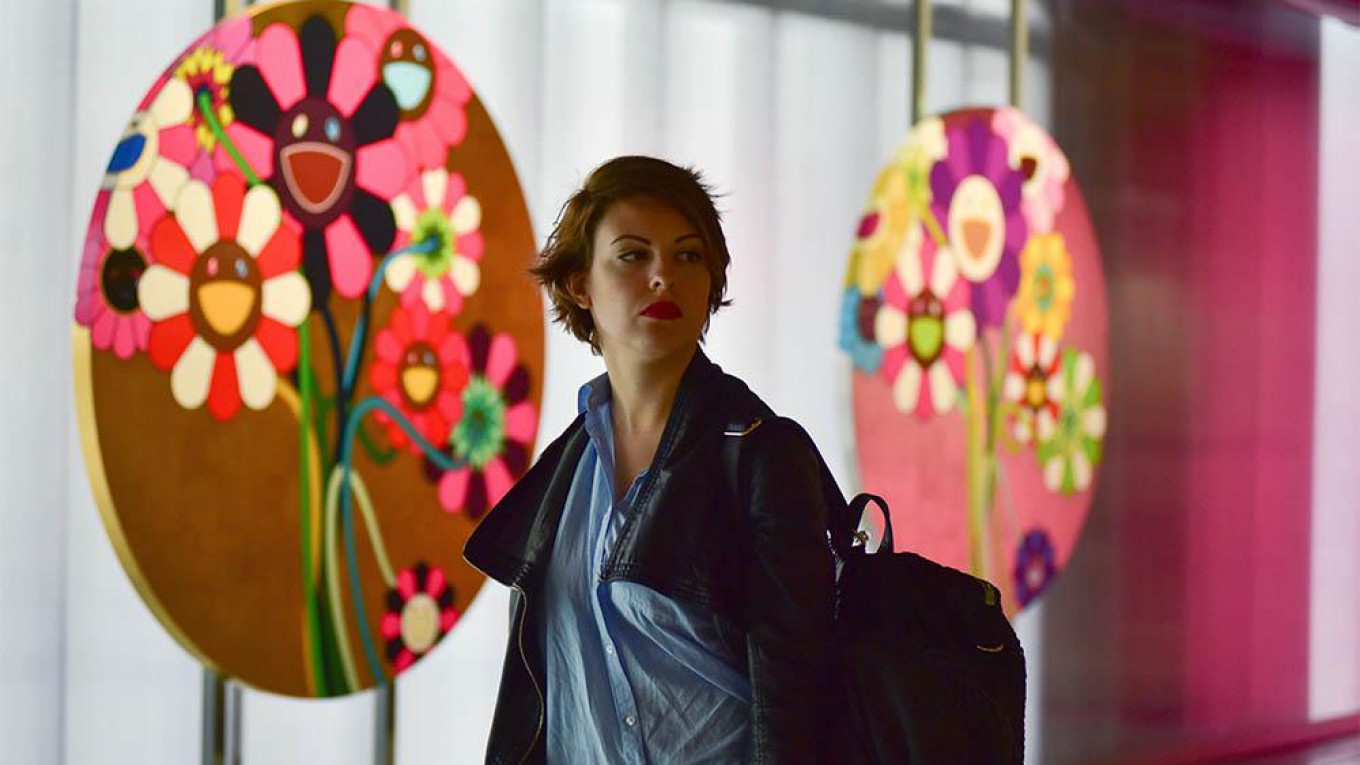No matter how cold it is outside,
it’s always warm in Moscow’s
grand museums — the perfect
places for long afternoons
of exploration followed by a
fortifying cup of tea in the cafe.
El Lissitzky
This joint project of the Jewish Museum and Tolerance Center and the Tretyakov Gallery is the first large-scale El Lissitzky retrospective. El Lissitsky’s avant-garde art revolved around “prouns” — an art form that combines painting and architecture. The New Tretyakov Gallery’s part of the retrospective focuses on prouns from its own and foreign collections, while the Jewish Museum and Tolerance Center will show some of Lissitzky’s “pre-avant-garde” works. Don’t miss this rare opportunity. The show runs until February 18.
Jewish Museum and Tolerance Center. 11 Ulitsa Obraztsova, Bldg. 1A. Metro Marina Roshcha. +7 (495) 645 0550. jewish-museum.ru
New Tretyakov Gallery. 10 Krymsky Val. Metro Oktyabrskaya.
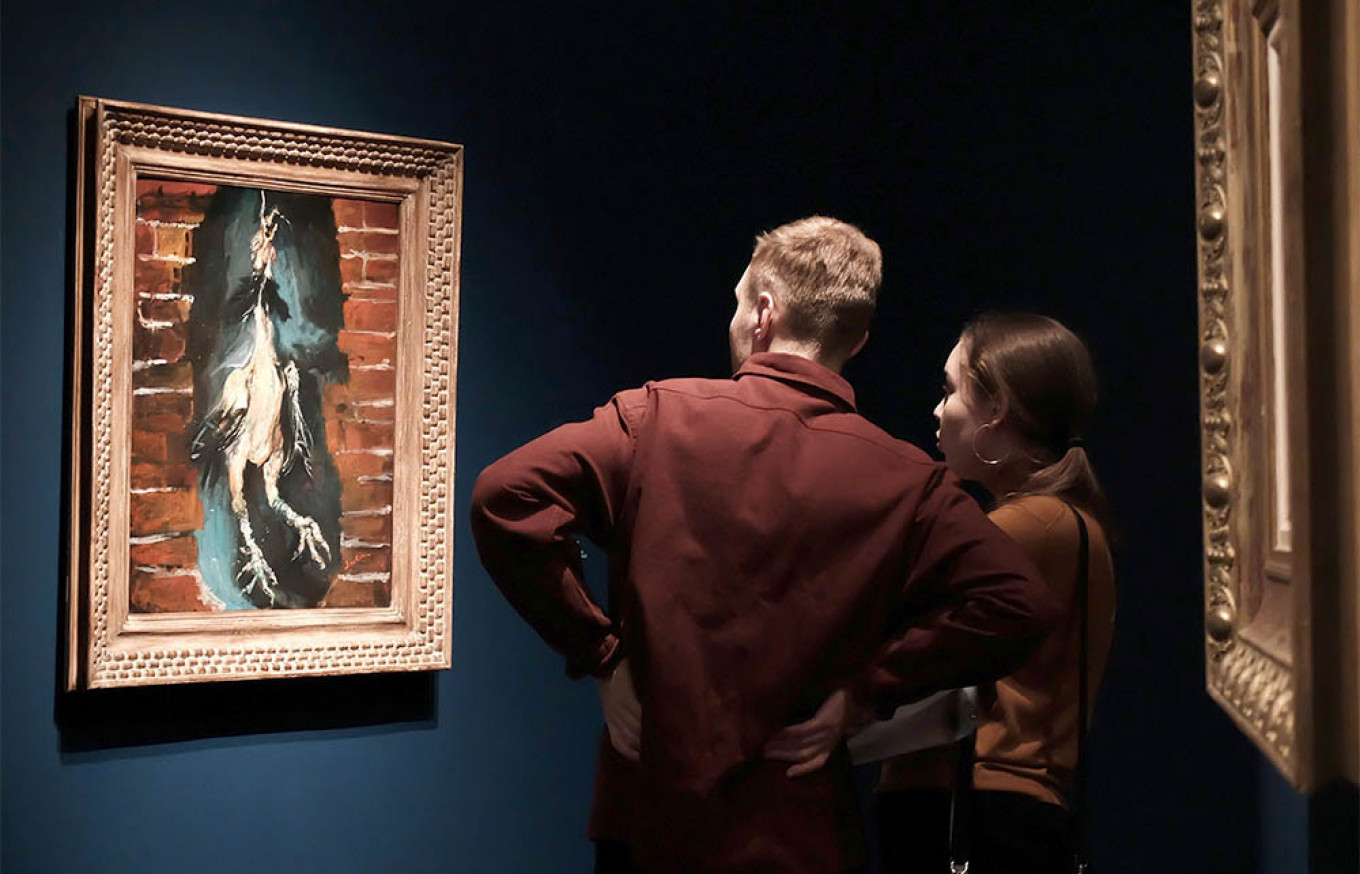
Chaim Soutine
Born near Minsk, Chaim Soutine
fled the 1917 Revolution in
France and became a leading
representative of the School of Paris
in the 1920s and 1930s. Friends
with Amedeo Modigliani, Soutine
became one of the finest abstract
expressionists of the era. The retrospective
at the Pushkin Museum is a
joint project with the Musée d’Orsay
and includes over 60 works:
paintings by Soutine divided into
the genres he was most prolific in
(landscapes, still lifes and portraits),
as well as works by contemporary
artists inspired by Soutine. The
show runs until January 21.
12 Ulitsa Volkhonka.
Metro Kropotkinskaya.
+7 (495) 609 9520. arts-museum.ru
+7 (495) 957 0727. tretyakovgallery.ru
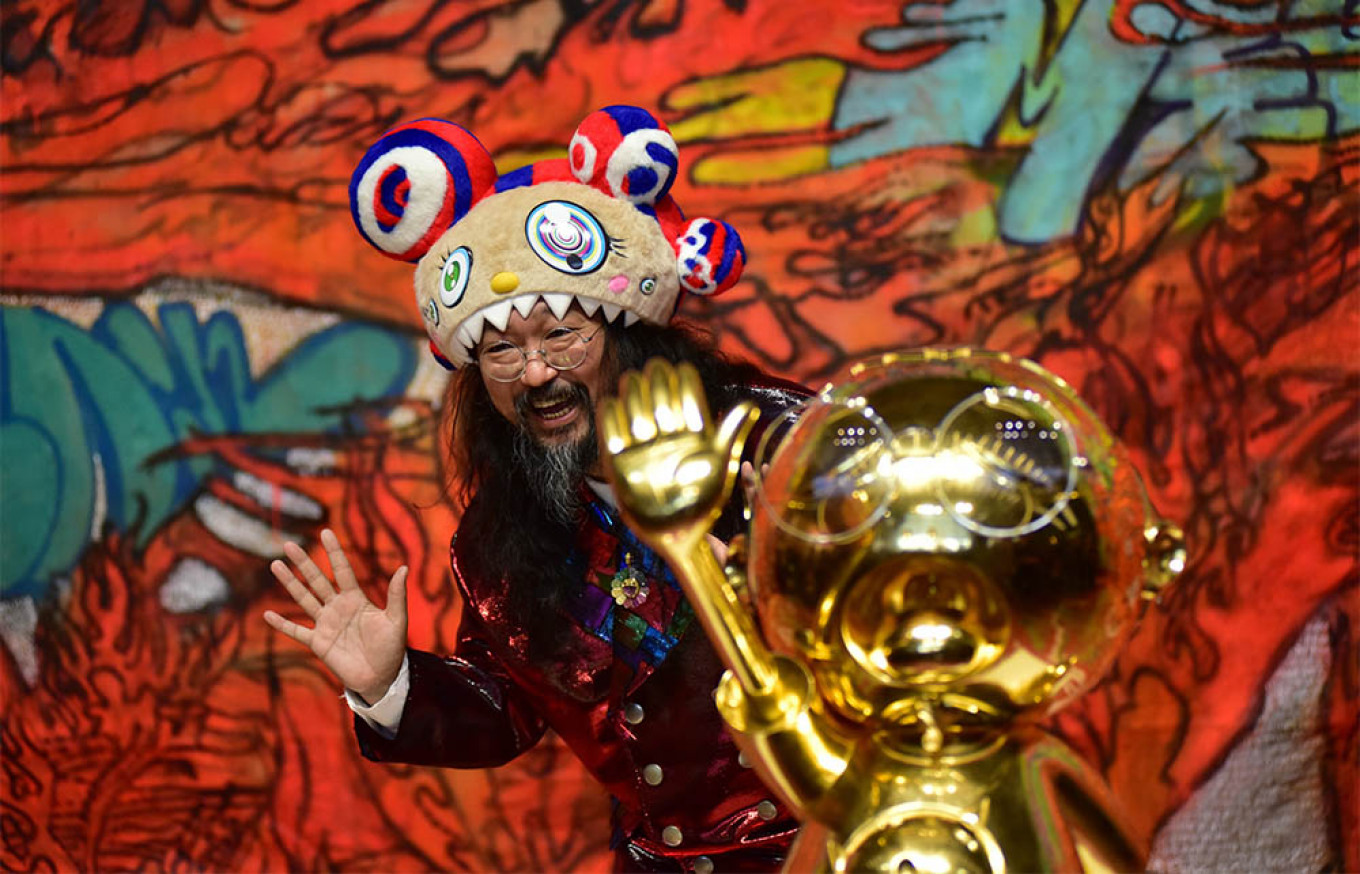
Kazimir Malevich
The discussion about whether
“Black Square” is art has
been over for a long time,
but Malevich’s painting is still considered
controversial by many in
Russia. The exhibition at Rabochy i
Kolkhoznitsa (Worker and a Collective
Farm Girl), itself an extraordinary
monument by sculptor Vera
Mukhina, aims to show different
facets of Malevich’s oeuvre, not
just his abstract painting. Come
to be surprised and delighted.
The show runs till February 25.
Rabochiy i Kolkhoznitsa Pavillion, VDNKh. Metro VDNKh. +7 (495) 544 3400. vdnh.ru
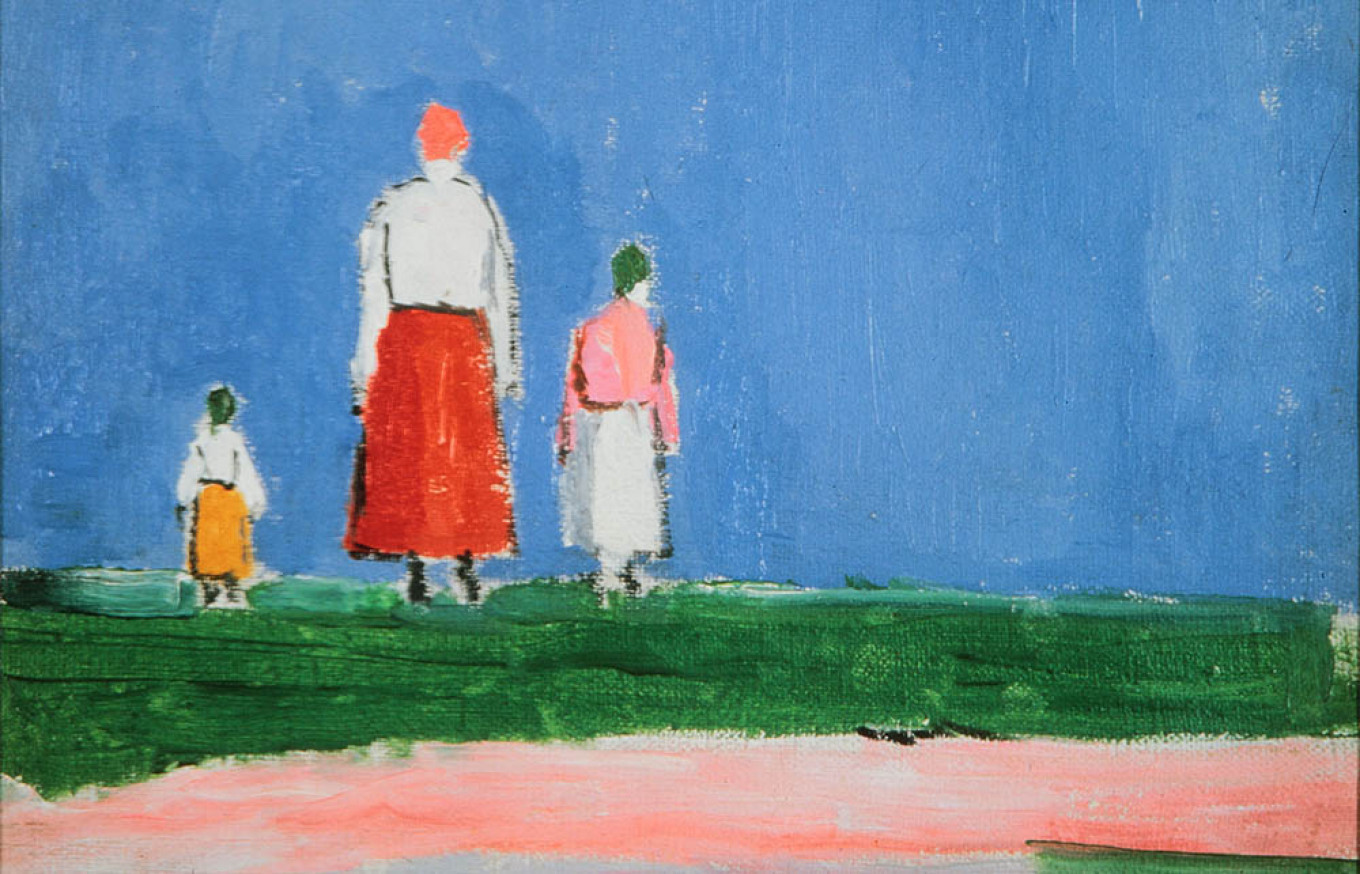
Takashi
Murakam
This season the Garage Museum
of Contemporary Art has
organized the first Russian
retrospective of Takashi Murakami,
one of the best-known Japanese
contemporary artists. Often called
“the Japanese Andy Warhol,”
his own brand of pop art and
trademark smiley faces are easily
recognizable. The show puts his
work into the context of Japanese
culture and the artist’s exploration
of Eastern and Western traditions.
One of the main attractions of
the Moscow exhibit is a replica of
his studio in Tokyo. The show runs
until February 4.
9 Krymsky Val. Metro
Oktyabrskaya. +7 (495) 645 0520.
garagemca.org
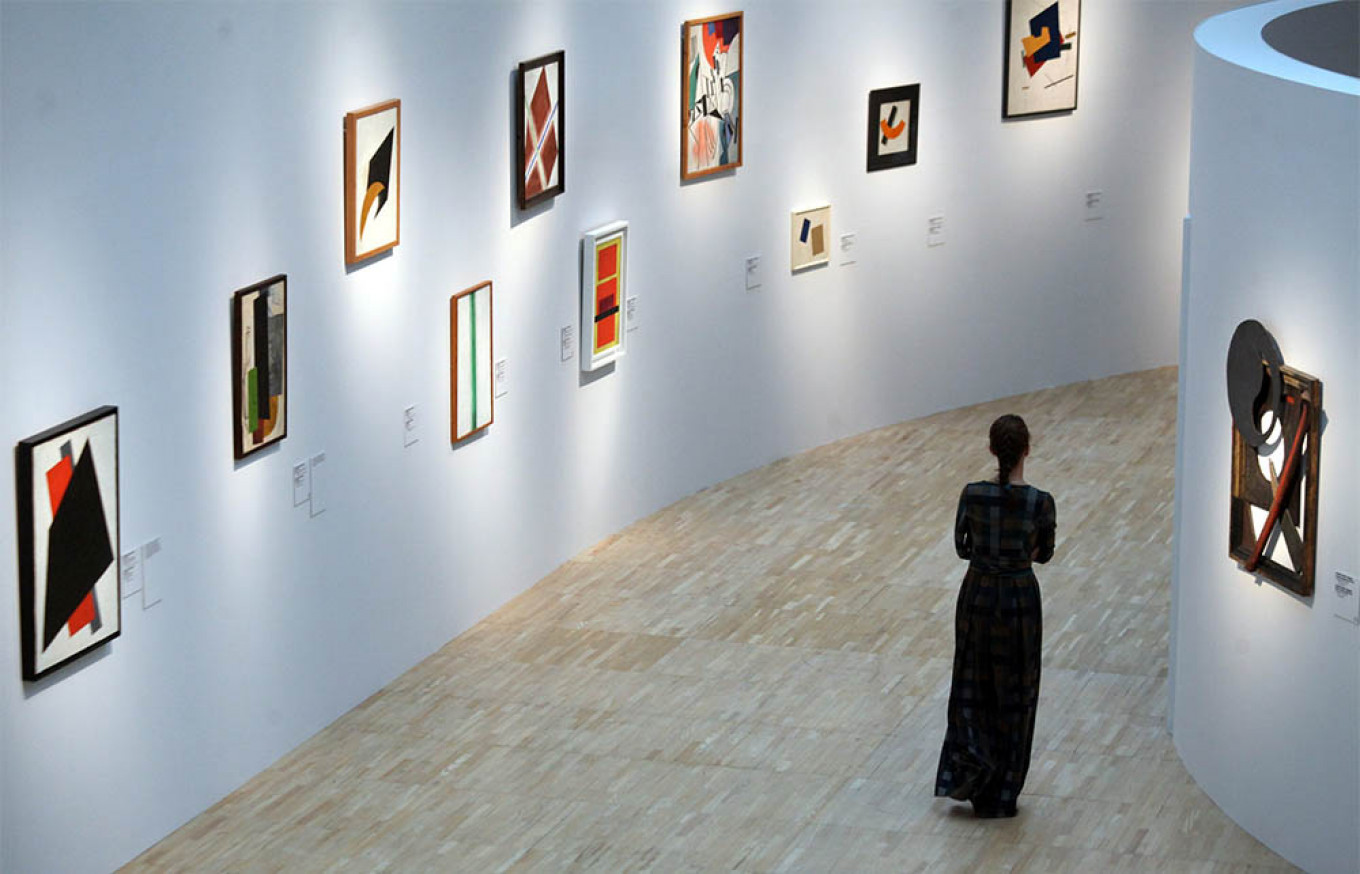
Someone 1917
Someone 1917 is a comprehensive
survey of various art
tendencies at the time of the
1917 Revolution and in the turbulent
years that followed. There
are 120 paintings and sculptures
on view, many influenced by revolutionary
events, including those
by Kuzma Petrov-Vodkin, Boris
Kustodiev, Kazimir Malevich, Olga
Rozanova, Lyubov Popova, and
Vassily Kandinsky. Many other works ignored the events entirely. A snapshot of art at a time when no one knew how the events of 1917 would end. The show runs
until January 14.
10 Krymsky Val. Metro
Oktyabrskaya. +7 (495) 957 0727.
tretyakovgallery.ru
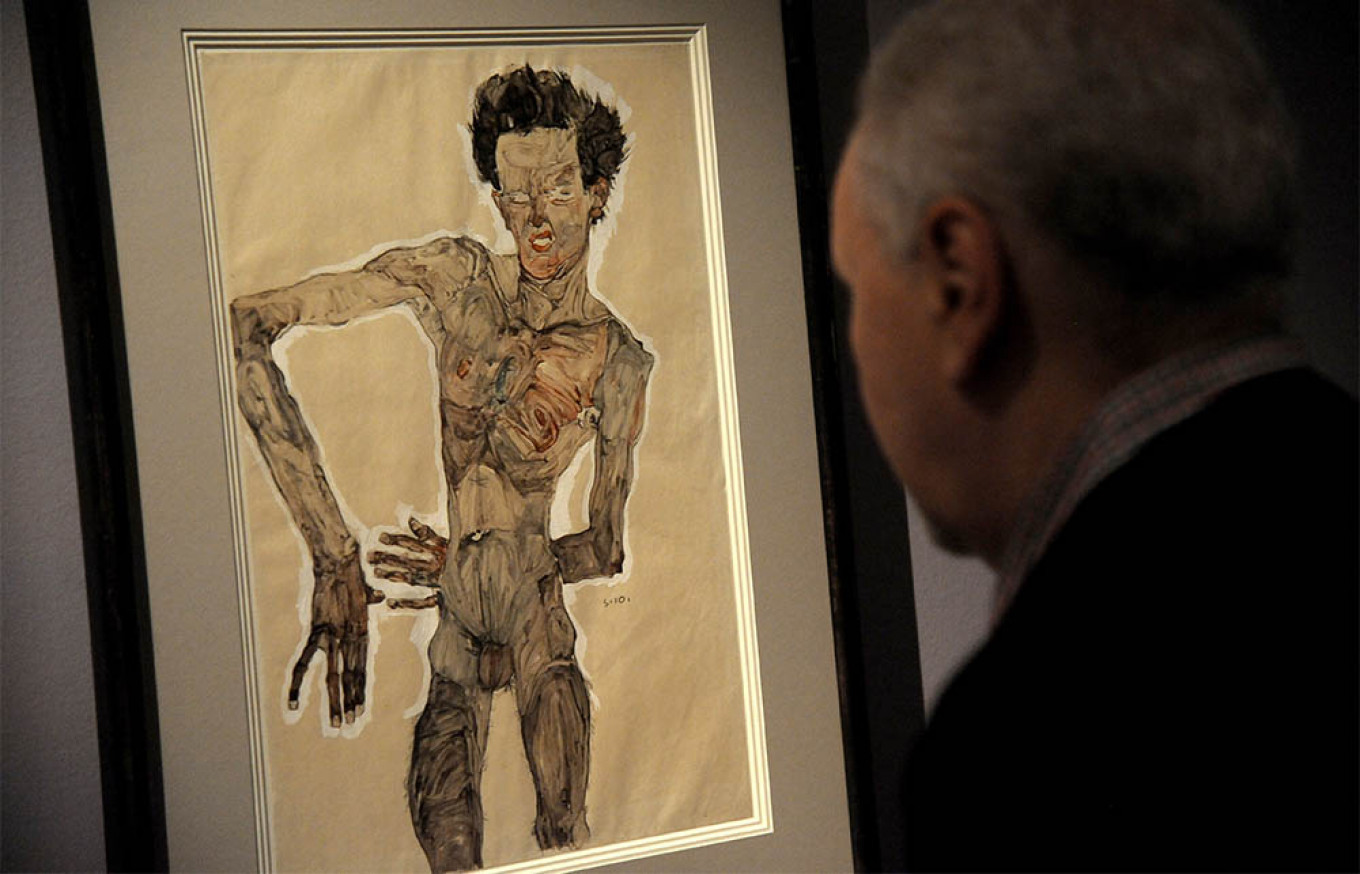
Gustav Klimt/ Egon Schiele
The Pushkin Museum has an
exhibit of about a hundred
drawings from the Albertina
Museum in Vienna of arguably
the two most important Austrian
painters from the turn of the 20th
century: Gustav Klimt and Egon
Schiele. The show — the first major
exhibition of their graphic works in
Russia
—
allows visitors to compare
the Art Nouveau style of Klimt
with post-expressionist manner of
Schiele, who was much influenced
by his older compatriot. The show
runs until January 14.
12 Ulitsa Volkhonka. Metro
Kropotkinskaya. +7 (495) 609 9520.
arts-museum.ru
A Message from The Moscow Times:
Dear readers,
We are facing unprecedented challenges. Russia's Prosecutor General's Office has designated The Moscow Times as an "undesirable" organization, criminalizing our work and putting our staff at risk of prosecution. This follows our earlier unjust labeling as a "foreign agent."
These actions are direct attempts to silence independent journalism in Russia. The authorities claim our work "discredits the decisions of the Russian leadership." We see things differently: we strive to provide accurate, unbiased reporting on Russia.
We, the journalists of The Moscow Times, refuse to be silenced. But to continue our work, we need your help.
Your support, no matter how small, makes a world of difference. If you can, please support us monthly starting from just $2. It's quick to set up, and every contribution makes a significant impact.
By supporting The Moscow Times, you're defending open, independent journalism in the face of repression. Thank you for standing with us.
Remind me later.


